Seeds for Generations is a part of Amazon Services LLC Associates Program, as well as other affiliate and/or referral programs. If you purchase or opt-in after clicking on these links, at no additional cost to you, we may receive a small commission for making you aware of these important resources.
How do you choose garden seed varieties to grow in your garden? Here are some questions that you should ask yourself while making those decisions.

What Will You Eat?
Most importantly, will you actually eat what you grow? For example, eggplant is a wonderful garden crop, but not everyone loves it. Will you eat that much eggplant, and even if you do, will you use it for anything other than Eggplant Parmesan? If not, you may want to consider growing other food in that space and getting a few eggplant from a local grower instead.

What Kind of Seed Will You Plant?
While shopping for seeds, you’ll find 3 kinds of seeds: heirloom, hybrid, and GMO (though GMO seed isn’t widely available for garden vegetables yet).

Heirloom Seed
Heirloom seed is a variety that is genetically stable and breeds true from parent to child. For example, an heirloom tomato seed will produce exactly the same tomato that it came from. We sell only heirloom seeds!

Hybrid Seed
Hybrid seed is a hand-pollinated cross between two different varieties, in an effort to produce a plant with certain traits. Hybrid seed won’t breed the same as before. Instead, it will likely produce a parent plant. (For example, a hybrid tomato seed will probably produce a product that is identical to one of the parents or will express some of the parents’ traits, but not be completely identical to the original fruit you harvested the seed from.)

GMO Seed
GMO seed isn’t natural. It’s made by essentially playing God and crossing genes of dissimilar plants and/or animals that with other plant genes cannot breed together in nature! It hasn’t been proven to be safe, and it isn’t true breeding either (contrary to government opinions). We’re committed to providing GMO-free seeds to our customers! (See our Safe Seed Pledge.)
Unfortunately, we’re losing thousands of plant varieties today, because we’re gardening less and not preserving genetic diversity, so you should consider using heirloom seeds.

What Can You Optimize for Your Space?
If you have limited space, you’ll want to situate your plants in the most productive manner possible. Eggplant, for example, is a very bushy plant, but really doesn’t produce that much. Corn also takes a lot of space and organic matter (i.e. compost), but it also really doesn’t produce that much when compared to other seed choices.
Also, consider maturation days in comparison to your season length. Some pumpkins, for example, take 120-140 days to mature, while other varieties take less than 100 days. What variety matures best for your climate?
Sometimes, you can grow multiple crops in a single plant too! Turnips AND turnip greens, for example. Both parts are edible, and this is a common characteristic of root crops. Some of the best veggies are veggies you’ve probably never eaten before!
How to Choose Garden Seeds – Conclusion
What will you eat? What kind of seed will you plant? What can you optimize for your space? Answer those questions, and you’ll be well on your way to determining how to choose garden seeds for the year.
Read the Whole Seed Starting Series!

- Introduction Post - How to Calculate your Garden Planting Dates
- Seed Starting #1 - How to Start Seeds Indoors: Seed Starting Supplies
- Seed Starting #2 - How to Grow Seedlings: Germination Requirements
- Seed Starting #3 - How to Care for Seedlings: Tracking, Managing, & Hardening Young Plants
- Seed Starting #4 - How to Choose Garden Seeds


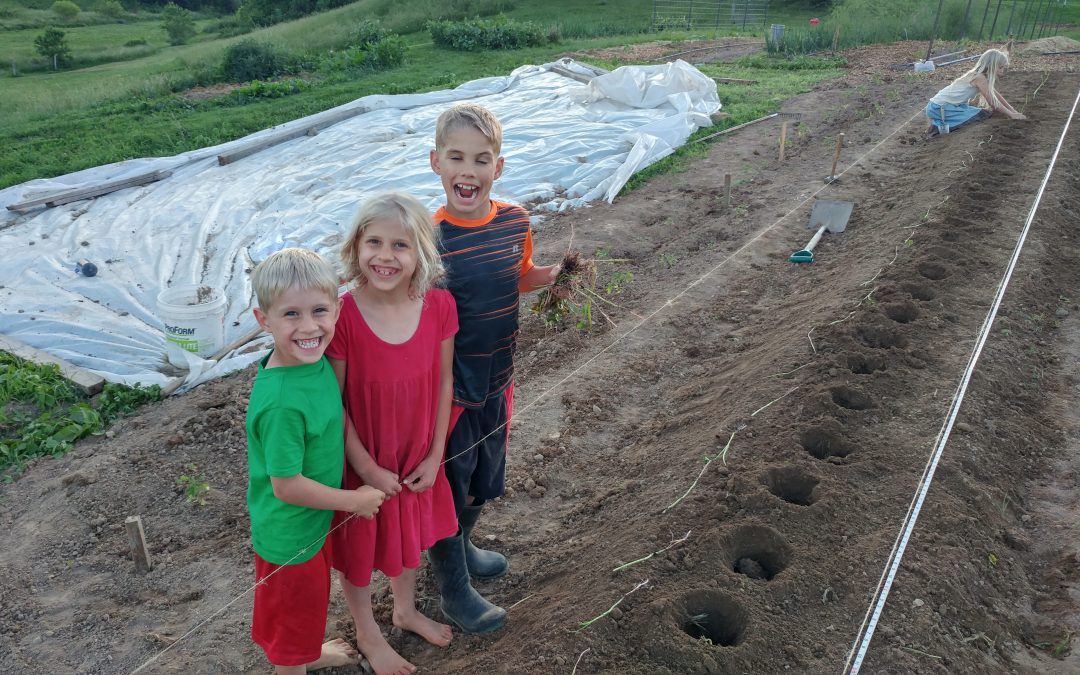
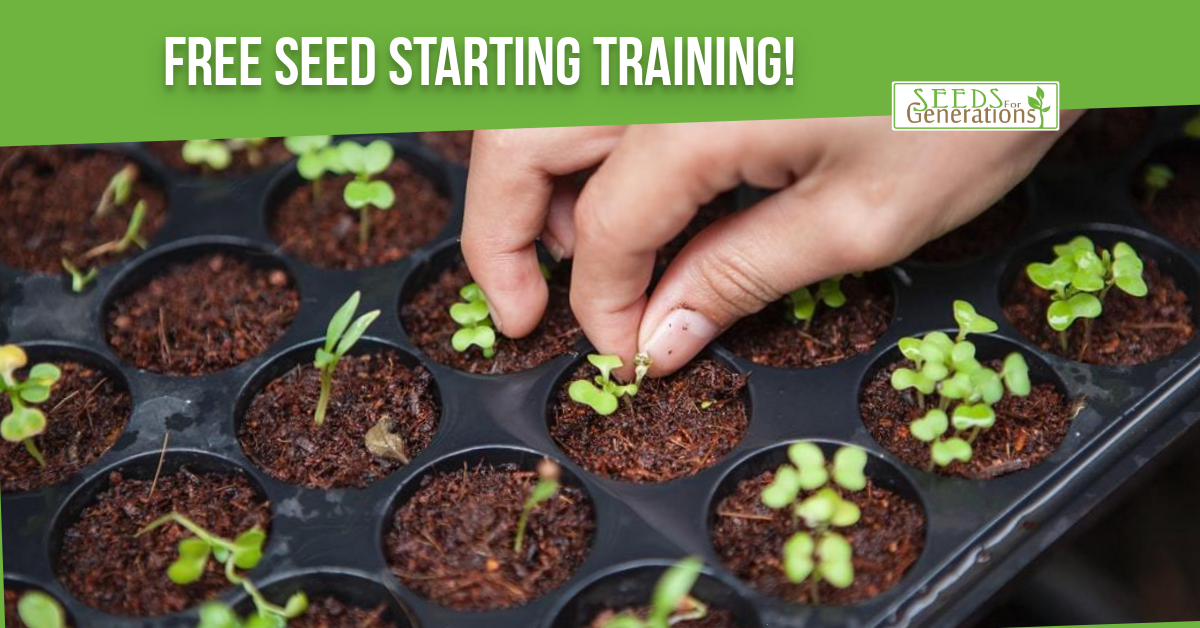

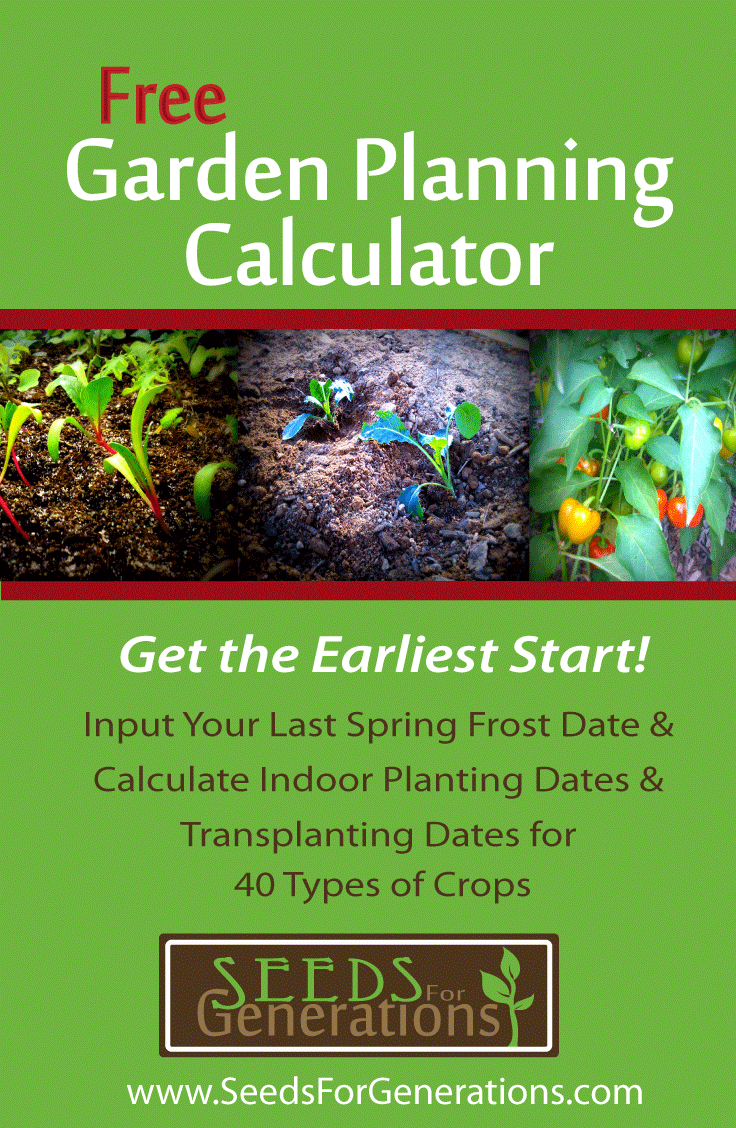
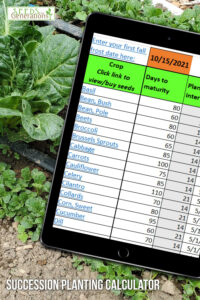
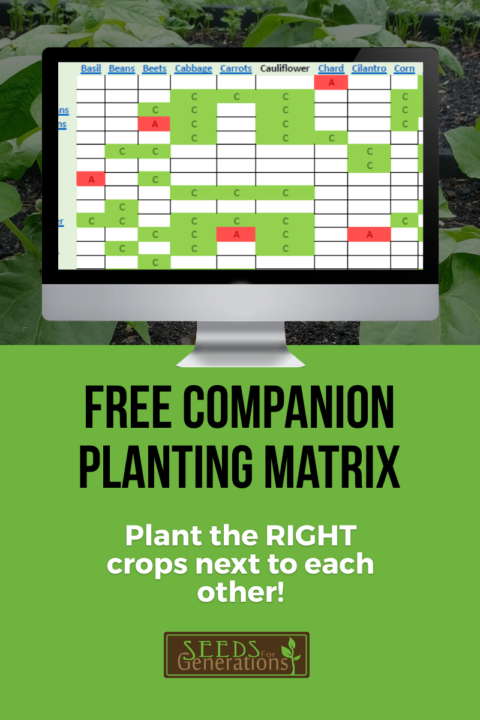
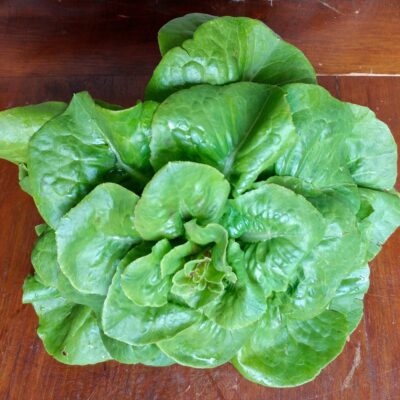
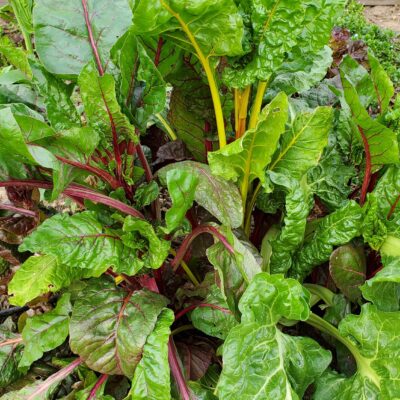
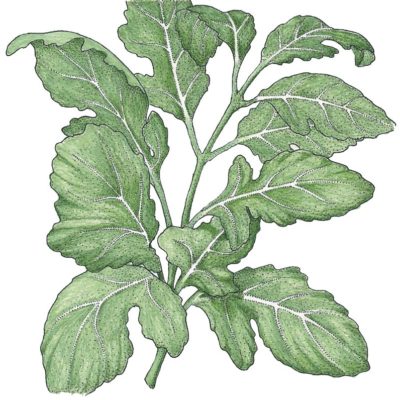
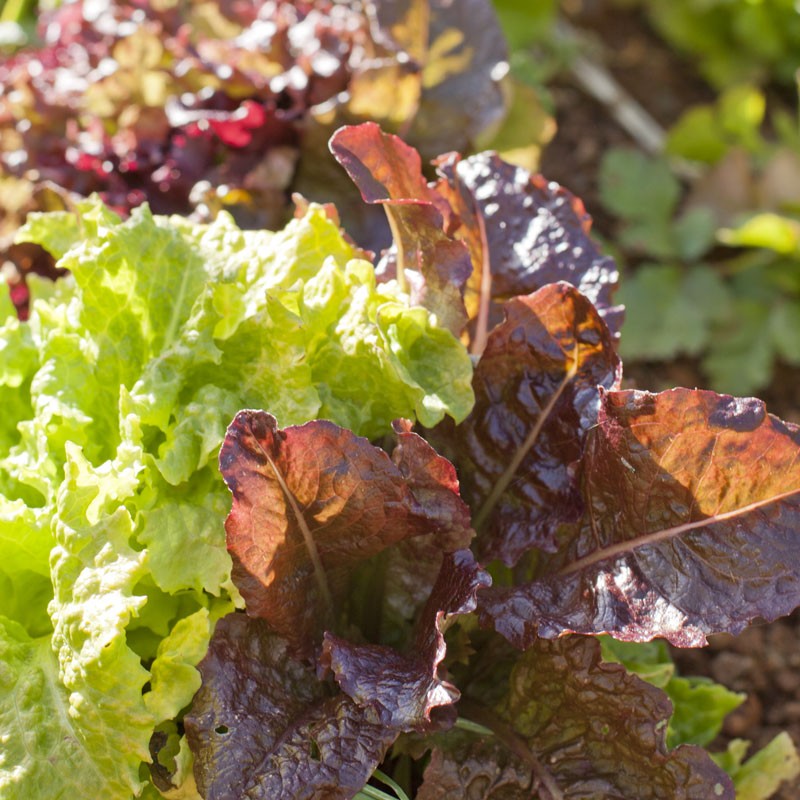
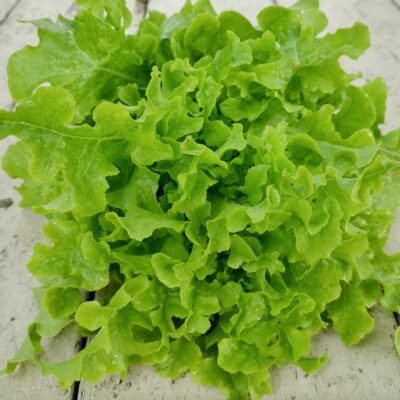
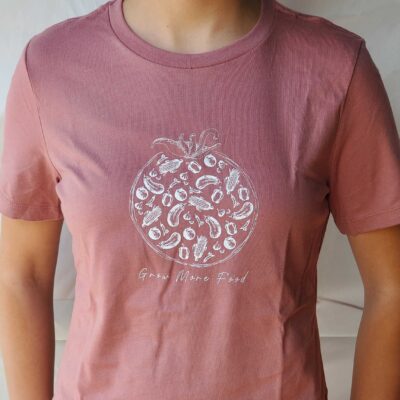
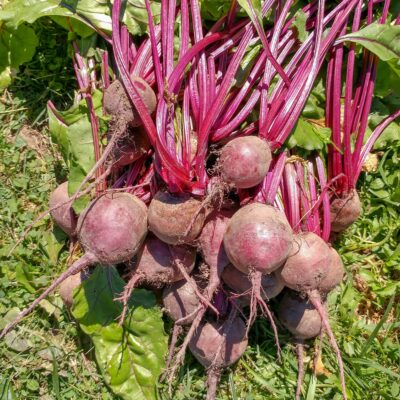
Good to know the difference between all the different types of seeds available.